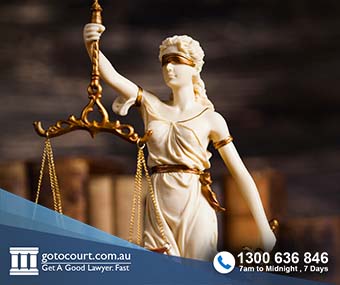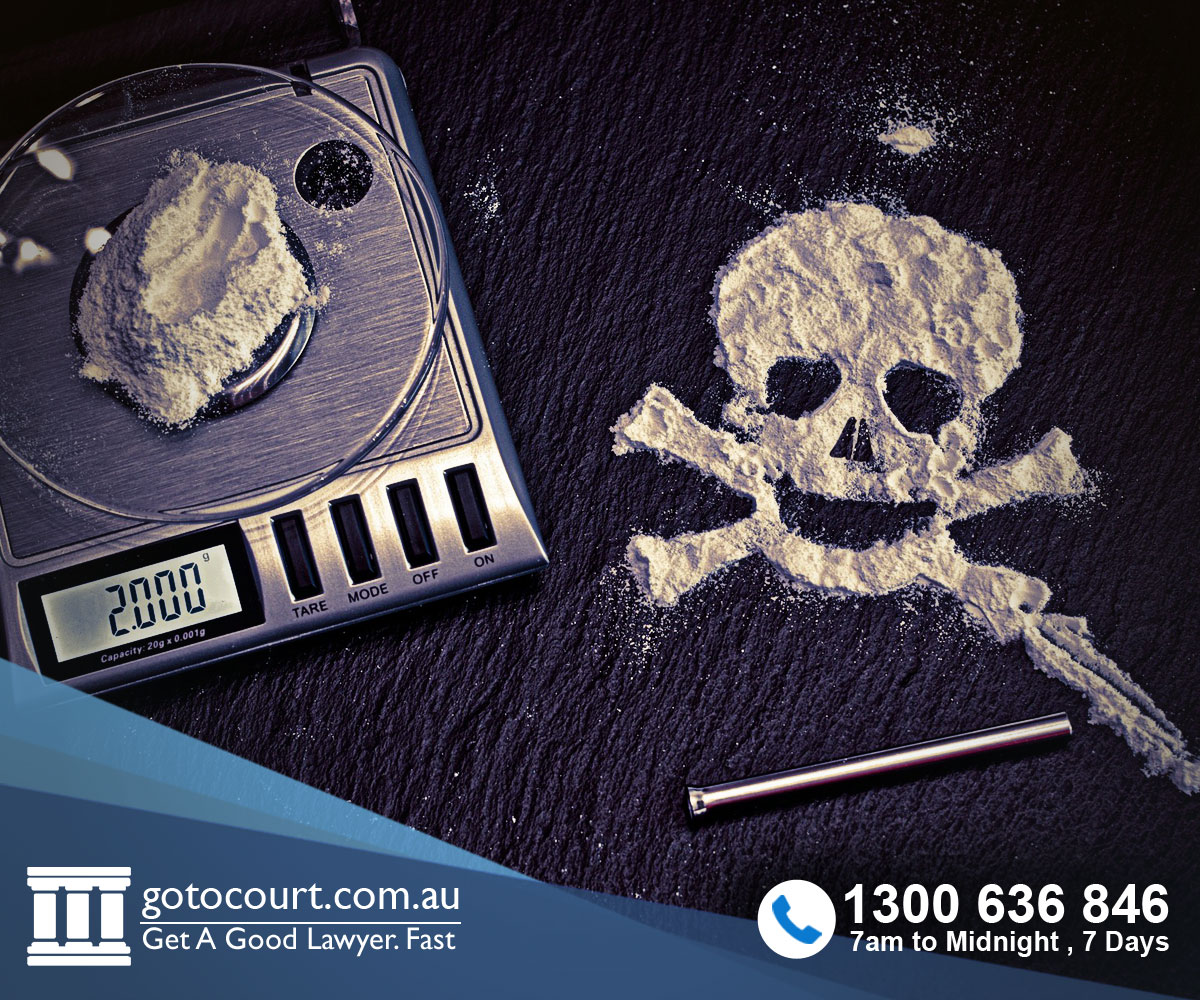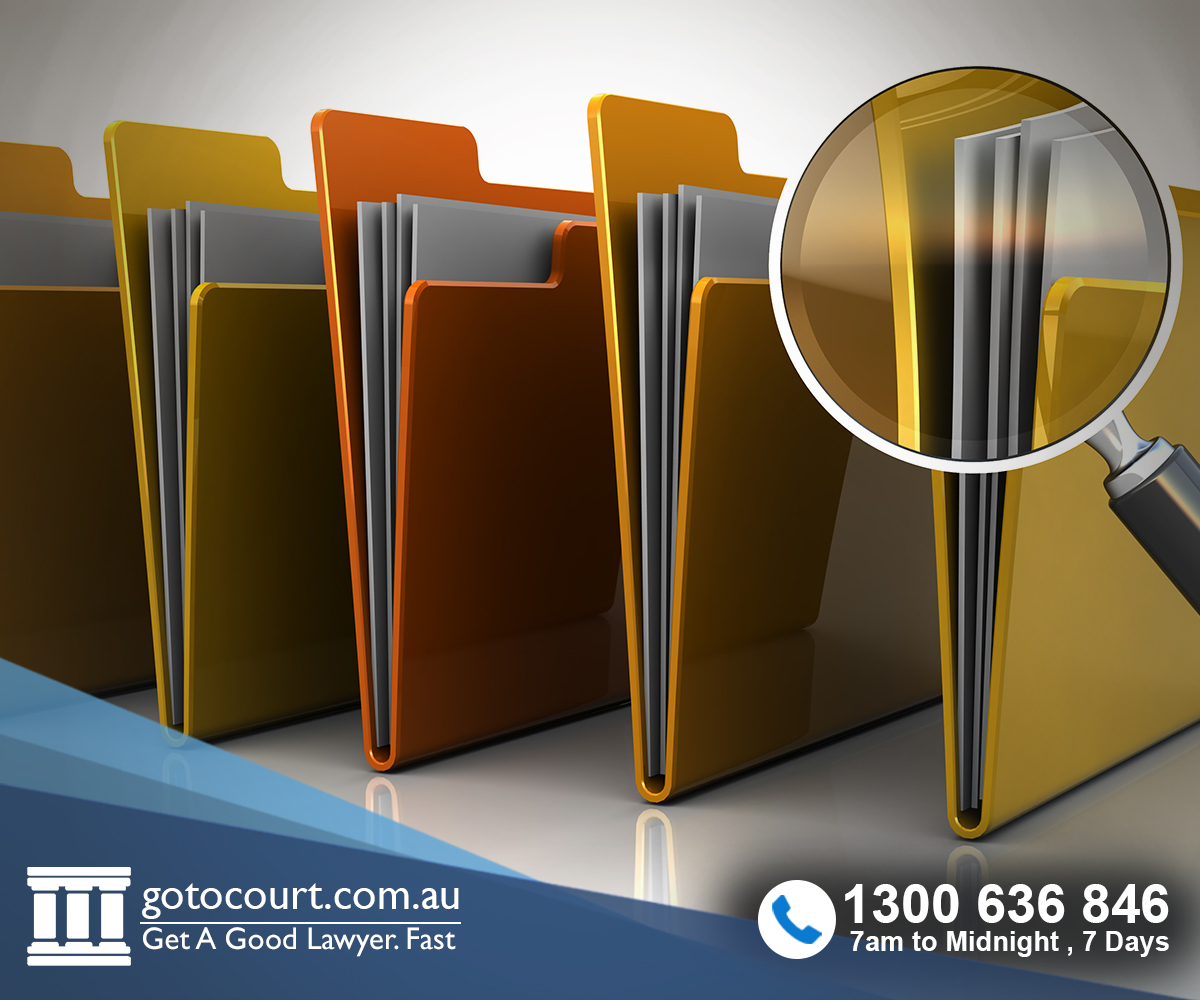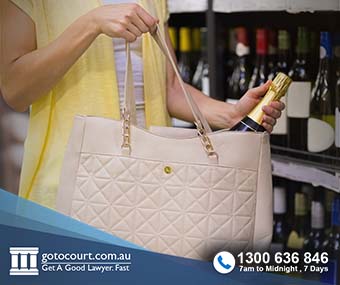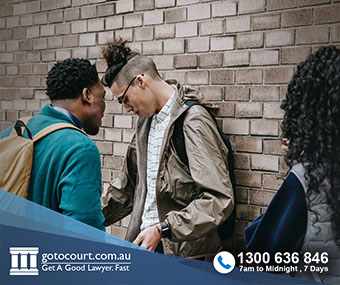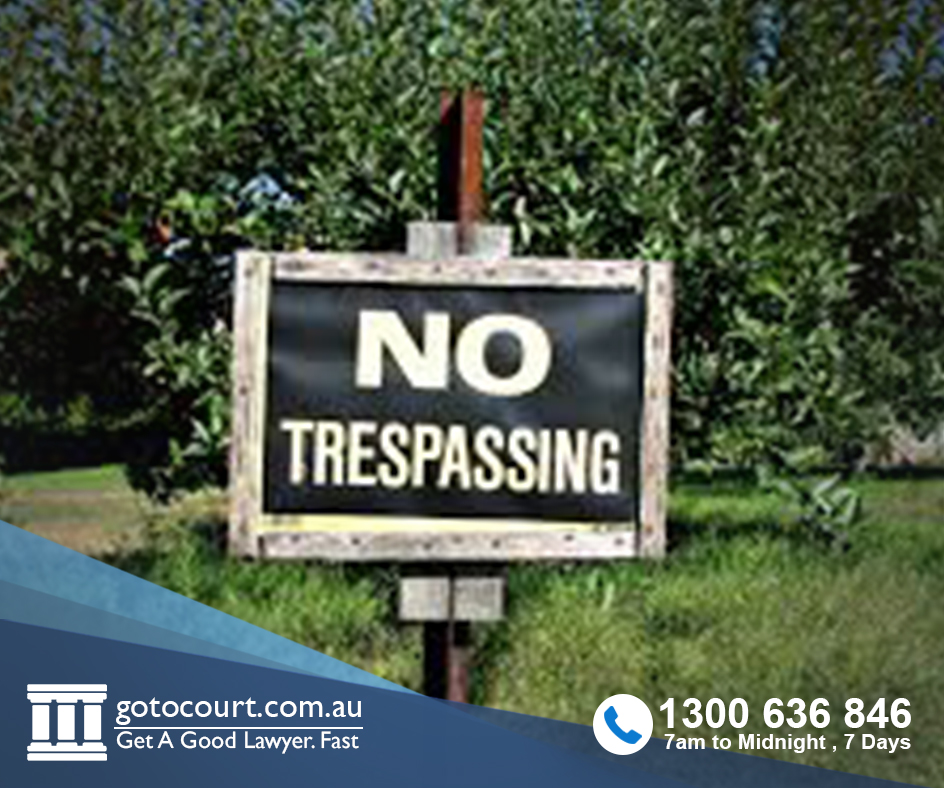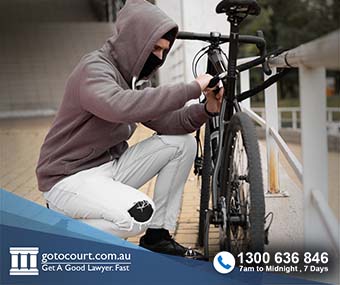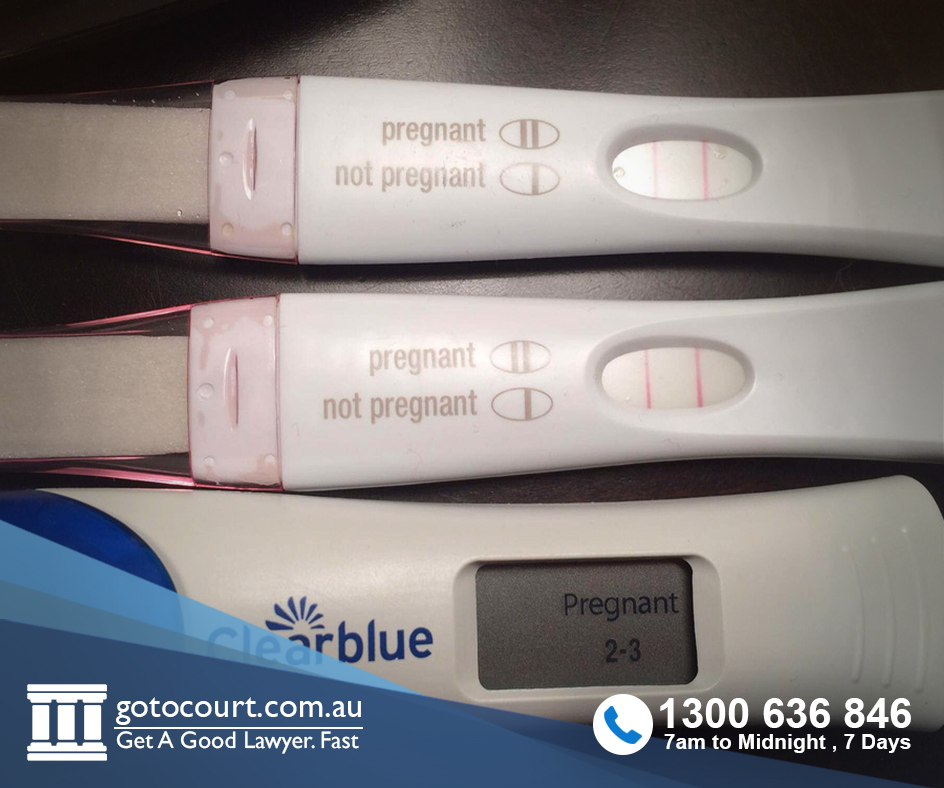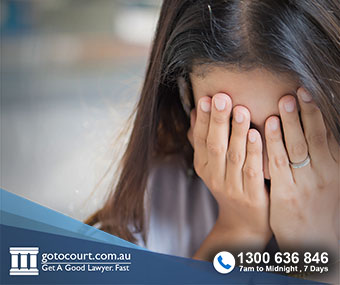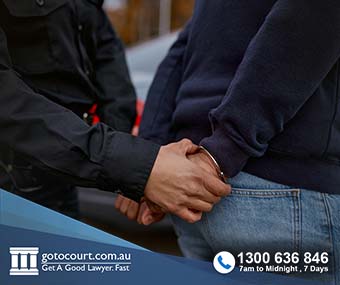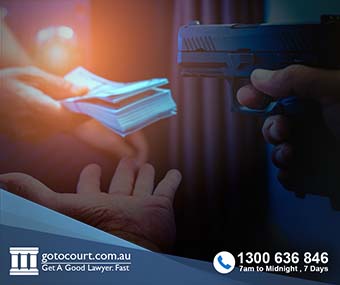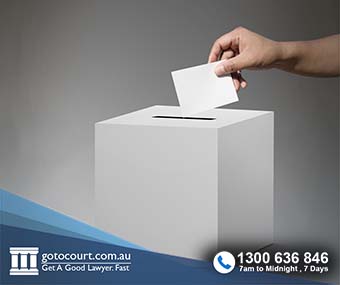Riot Offences (Qld)
Riot Offences (Qld)
Riots are a form of civil disorder where a group lashes out in a spontaneous display of violence against authority, people or property. Riot offences are generally dealt with by police and the police have broad powers to use force to suppress a riot.
In Queensland, the common law offence of riot has been codified in the Criminal Code. The Police Powers and Responsibilities Act also contains a provision relating to the suppression of a riot.
History
Riots may occur in response to a grievance or as an expression of dissent. Riots are characterised by five main elements:
- They are socially constructed;
- They are occasions;
- They are relatively spontaneous; in that they do not involve a significant amount of planning or co-ordination;
- They involve collective violence; whereby groups inflict harm or damage for the purpose of bringing about social change;
- They involve violence directed at property, persons or authority.
Whilst the historical definition of a riot includes the intention to bring about social change, the legal definition of riot does not contain this element. The offence of riot may be made out in circumstances that are not explicitly socially or politically motivated.
The Riot Act
The English Parliament passed the Riot Act in 1715. If 12 or more persons assembled and refused to disperse after an hour of being read a particular portion of the act, authorities were permitted to use lethal force on them. The act gave broad powers to authorities during riots and resulted in a decline in the number of riots over the next two centuries.
The Riot Act was repealed in 1973 but provided a legal framework for similar provisions in other jurisdictions, including in Australia.
Riot offences in Queensland
Under Section 61 of the Criminal Code 1899, a riot occurs when 12 or more persons are present together and use or threaten to use violence to a person or property for a common purpose and the conduct would cause a reasonable person in the vicinity fear for their personal safety.
Where these elements are fulfilled, each of the persons assembled together commits the offence of taking part in a riot.
For the purposes of establishing a person’s guilt for an offence of taking part in a riot, it is irrelevant whether there was in fact a person in the vicinity who feared for their safety.
Penalties
The maximum penalty for taking part in a riot is three years imprisonment.
Aggravated offences
If the offender is armed with a dangerous or offensive weapon, instrument or explosive substance, or property is damaged, a maximum penalty of seven years imprisonment applies.
If the offender causes grievous bodily harm to a person, causes an explosive substance to explode or destroys or starts to destroy a building, vehicle or machinery, a maximum penalty of life imprisonment applies.
Suppression of riot
The Criminal Code makes it lawful for any person to use force to suppress a riot so long as the force used is necessary and reasonably proportioned to the danger apprehended (Section 261). A justice may order that force be used to suppress a riot as is necessary and reasonably proportioned (Section 262). It is lawful for any person obeying lawful orders to use reasonable force to suppress a riot (Section 263).
Section 51 of the Police Powers and Responsibilities Act provides that it is lawful for a police officer to take steps that are reasonably necessary to suppress a riot.
Defences
Possible defences to a charge of taking part in a riot include:
- There was no common purpose with the other people present;
- There were not 12 or more people assembled;
- The behavior would not cause fear to a reasonable person.
If you require legal advice or representation in a criminal law matter or in any other legal matter, please contact Go To Court Lawyers.

Affordable Lawyers
Our Go To Court Lawyers will assist you in all areas of law. We specialise in providing legal advice urgently – at the time when you need it most. If you need a lawyer right now, today, we can help you – no matter where you are in Australia.How It Works




1. You speak directly to a lawyer
When you call the Go To Court Legal Hotline, you will be connected directly to a lawyer, every time.

2. Get your legal situation assessed
We determine the best way forward in your legal matter, free of charge. If you want to go ahead and book a face-to-face appointment, we will connect you with a specialist in your local area.

3. We arrange everything as needed
If you want to go ahead and book a fact-to-face appointment, we will connect you with a specialist in your local area no matter where you are and even at very short notice.



